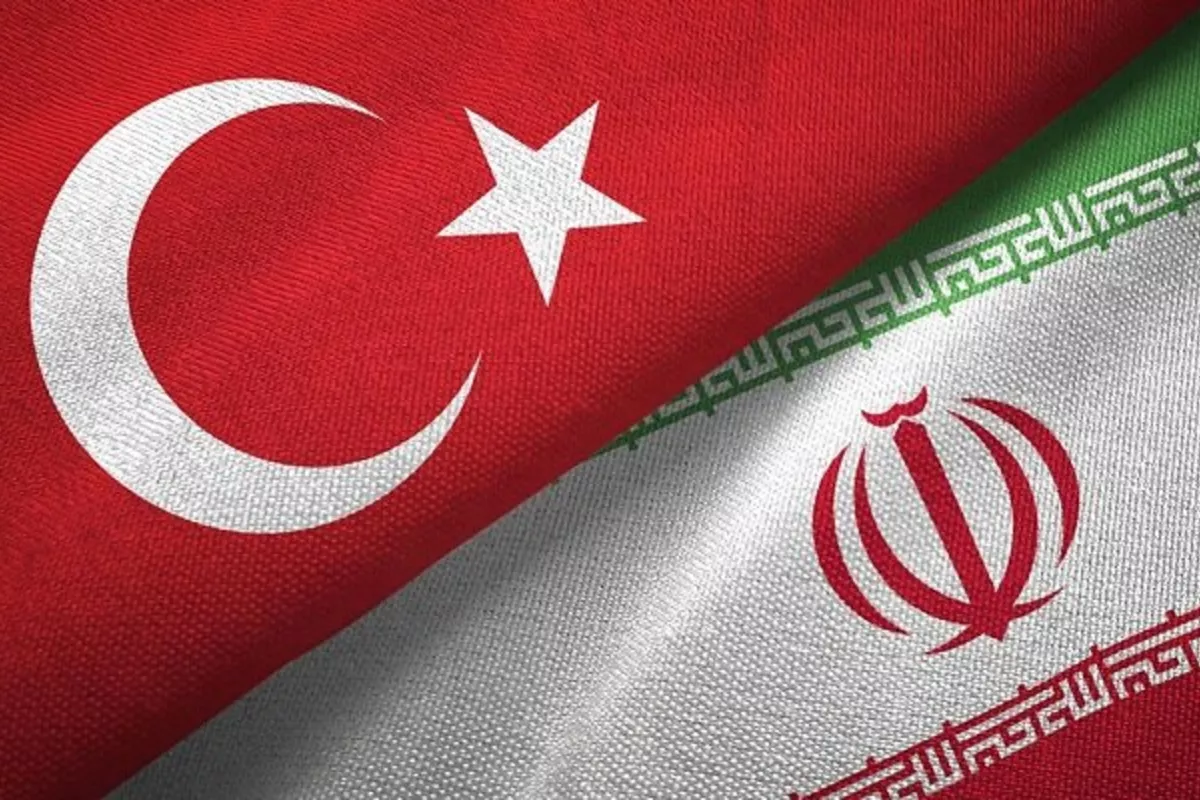
Photo credit: Mehr news
The Turkish Statistical Office announced that trade exchanges between Türkiye and Iran amounted to $3.56 billion in the first eight months of the current year.
Trade between the two countries during this period decreased by three percent compared to the same period last year. In the first eight months of 2024, trade between the two countries was reported as $3.66 billion, The Caspian Post reports citing Iranian media.
According to the report, Türkiye's exports to Iran in the first eight months of 2025 amounted to $1.98 billion, which represents a six-percent decline compared to the same period last year.
Türkiye's imports from Iran in the first eight months of 2025 also decreased by about two percent compared to the same period last year, reaching $1.58 billion. The trade balance between the two countries from the beginning of 2025 has been in Türkiye's favor by $400 million.
Despite the decline in Iran-Türkiye trade since the beginning of this year, in the eighth month of 2025 (corresponding to the Iranian fifth month Mordad), trade between the two countries experienced 12 percent growth and reached $474 million.
Türkiye's exports to Iran in August 2025 decreased by four percent compared to the same month last year, reaching $270 million, but the country's imports from Iran grew by 24 percent, amounting to $204 million
On October 3, senior Iranian and Turkish trade officials held talks in Tehran on ways to deepen economic ties, with Iran’s Chamber of Commerce calling for tariff reforms to unlock the two countries’ trade potential.
Hamed Asgari, deputy for international affairs at the Iran Chamber of Commerce, Industries, Mines and Agriculture (ICCIMA), told Turkish commercial attachés that the current level of trade is “not satisfactory” and urged a revision of tariff policies to strengthen bilateral economic relations.
He said Iran and Türkiyehave the capacity to expand trade to between $15 billion and $20 billion annually, but tariff barriers and restrictions have prevented Iranian goods from reaching their full potential in the Turkish market. Products such as cement and clinker were cited as key examples.
Asgari emphasized Iran’s comparative advantages in energy and competitive goods and called for faster, less bureaucratic cooperation between Iranian and Turkish firms, especially in sectors such as steel and petrochemicals. He also stressed the need to leverage the Turkish embassy’s support to facilitate tariff reform and boost bilateral exchanges.
The Turkish delegation, including commercial attachés Bilge Dinmez and Orhan, underlined the importance of removing trade barriers and clearing up commercial misunderstandings. They described Turkey as Iran’s “gateway to Europe” and highlighted extensive ties, including a large Iranian community in Turkey.
They noted that preferential tariff negotiations between the two countries will resume soon and pointed to recent meetings of the joint commission and customs authorities.
Asgari said ICCIMA, as an advisor to the government, is committed to working with the Turkish embassy’s economic section to address private sector concerns.
He promised follow-up meetings between business communities from both countries to craft practical solutions and advance cooperation, particularly in strategic industries such as steel.
The session concluded with plans to hold regular technical and expert meetings between ICCIMA and the Turkish embassy to drive trade development. Dinmez was introduced as the new commercial attaché at Türkiye’s embassy in Tehran.
As previously announced by Abolfazl Akbarpour, the deputy head of the Islamic Republic of Iran Customs Administration (IRICA) for planning and international affairs, Iran exported non-oil commodities valued at $6.8 billion to Turkey in the past Iranian calendar year, which ended on March 20, 2025.
Akbarpour said that Türkiye was Iran’s fourth top export destination in the previous year.
Exporting commodities valued at $12.4 billion to Iran, Türkiye was Iran’s third top source of import in that year, the official added.
On April 14, the secretary of Iran’s Free Trade and Special Economic Zones High Council said that Iran is pursuing the creation of a joint free trade zone with Türkiye, as part of broader efforts to resolve long-pending investment challenges and boost cooperation with neighboring countries.
Share on social media